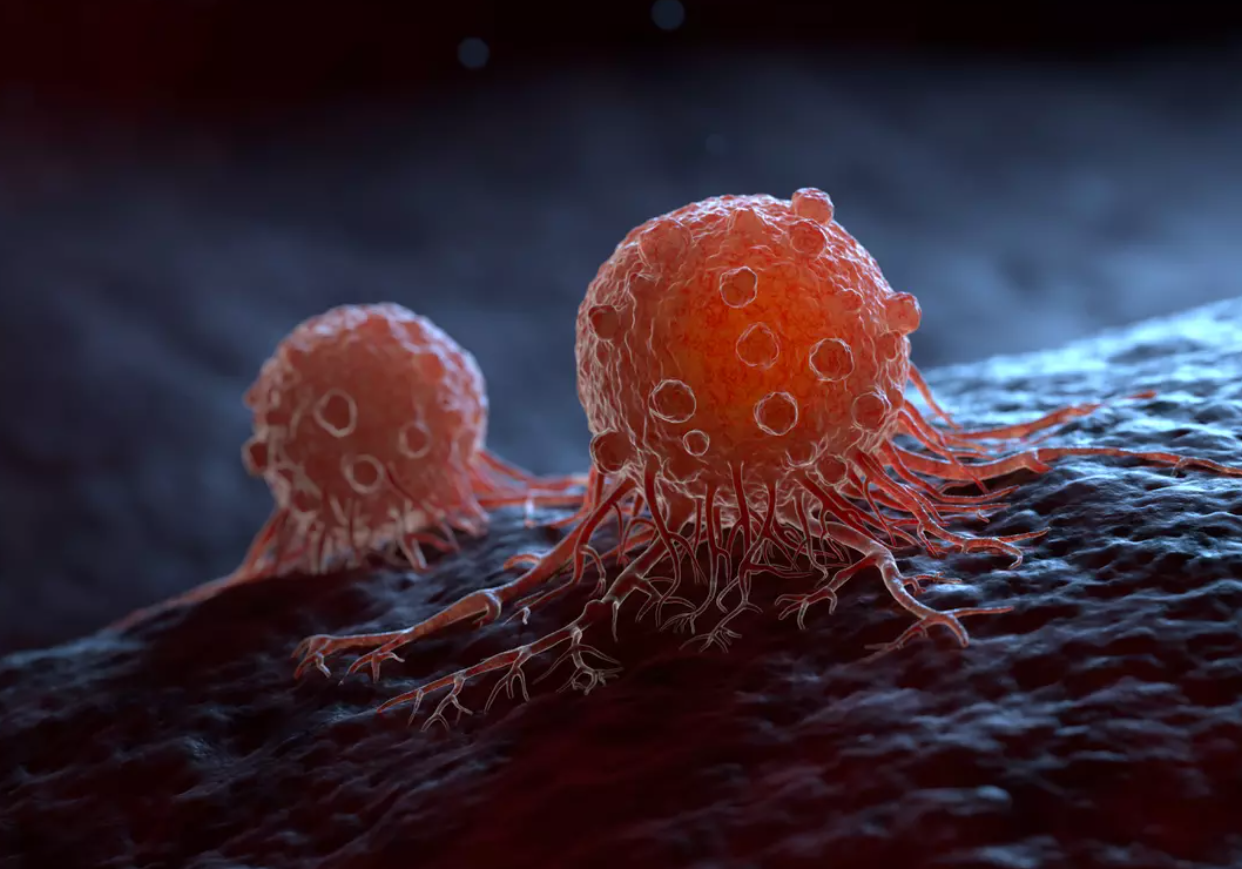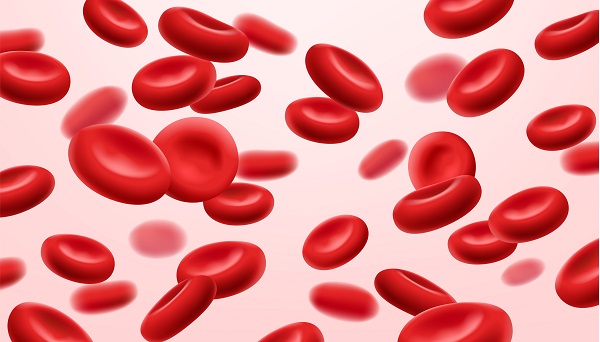What is Cancer?
Cancer is a group of diseases characterized by abnormal cell growth that divides uncontrollably and has the ability to invade adjacent healthy tissues and spread to other parts of the body. Cancer occurs as a result of genetic mutations in the deoxyribonucleic acid (DNA) of cells, leading to the disruption of the natural mechanisms that regulate cell growth and death.
Main Causes of Cancer
1. Genetic and Hereditary Factors
Although most cancers (70-90%) are non-hereditary (sporadic), a small percentage (5-10%) result from inherited genetic mutations. Genetic factors include:
- Hereditary cancer syndromes: Such as mutations in the BRCA1 and BRCA2 genes, which significantly increase the risk of breast and ovarian cancer.
- Defects in tumor suppressor genes: Which fail to control abnormal cell growth.
- Defects in DNA repair genes: Allowing mutations to accumulate in cells.
2. Smoking and Tobacco
Smoking is the most significant preventable risk factor, causing about 25-30% of cancer deaths worldwide. Smoking is linked to:
- Lung cancer (80% of cases).
- Cancers of the mouth, larynx, esophagus, bladder, kidney, pancreas, stomach, and cervix.
- Even secondhand smoke increases the risk of lung cancer.
3. Environmental and Chemical Factors
Environmental carcinogens include:
- Asbestos: Causes mesothelioma and lung cancer.
- Benzene: Linked to leukemia.
- Pesticides and fertilizers: May increase the risk of certain cancers.
- Air pollutants: Such as dioxins and particulate matter.
4. Viral and Bacterial Infections
Certain microbes contribute to about 15-20% of cancers worldwide, including:
- Human papillomavirus (HPV): Causes cervical, anal, and throat cancer.
- Hepatitis B and C viruses: Lead to liver cancer.
- Helicobacter pylori bacteria: Increases the risk of stomach cancer.
- Epstein-Barr virus: Linked to lymphoma.
5. Unhealthy Lifestyle
Lifestyle-related factors include:
- Obesity: Increases the risk of breast (postmenopausal), colon, kidney, and pancreatic cancers.
- Alcohol: Increases the risk of cancers of the mouth, throat, esophagus, liver, and breast.
- Lack of physical activity: Linked to an increased risk of several types of cancer.
6. Unhealthy Diet
Certain dietary habits may increase the risk of cancer:
- Processed meats: Classified by the World Health Organization as a carcinogen.
- Lack of vegetables and fruits: Which contain antioxidants that protect cells.
- Foods contaminated with aflatoxins: Increase the risk of liver cancer.
7. Exposure to Radiation
- Ultraviolet (UV) radiation: From the sun or tanning beds, causes skin cancer.
- Ionizing radiation: Such as high doses of X-rays, may increase the risk of cancer.
8. Age
The likelihood of developing cancer increases with age, with 60% of cases diagnosed after age 65. This is due to the accumulation of genetic mutations over time and the weakening of cell repair mechanisms.
9. Hormones and Chronic Inflammation
- Hormone therapies: Such as some menopause treatments may increase the risk of breast cancer.
- Chronic inflammation: Such as ulcerative colitis increases the risk of colon cancer.
10. Other Factors
- Chronic stress: May weaken the immune system and contribute to cancer development.
- Shift work: May increase the risk of some cancers due to disruption of the circadian rhythm.
Ways to Prevent Cancer
Based on the causes of cancer, the risk can be reduced by:
- Quitting smoking and avoiding secondhand smoke.
- Maintaining a healthy weight and exercising regularly.
- Eating a healthy diet rich in vegetables, fruits, and whole grains.
- Limiting alcohol consumption.
- Protecting against the sun by using sunscreen and avoiding excessive exposure.
- Vaccinations: Such as the HPV and Hepatitis B vaccines.
- Regular screenings for early detection of cancer.
Conclusion
Cancer is a complex disease with multiple interacting causes, including genetic factors, environmental factors, and unhealthy lifestyles. While some risk factors like age and genetics cannot be controlled, many other causes are preventable through healthy lifestyle choices. A deep understanding of these causes empowers individuals and communities to take effective steps to prevent this serious disease.
It is important to consult a doctor if you experience any unusual symptoms or have a strong family history of cancer, as early detection significantly increases the chances of successful treatment.



